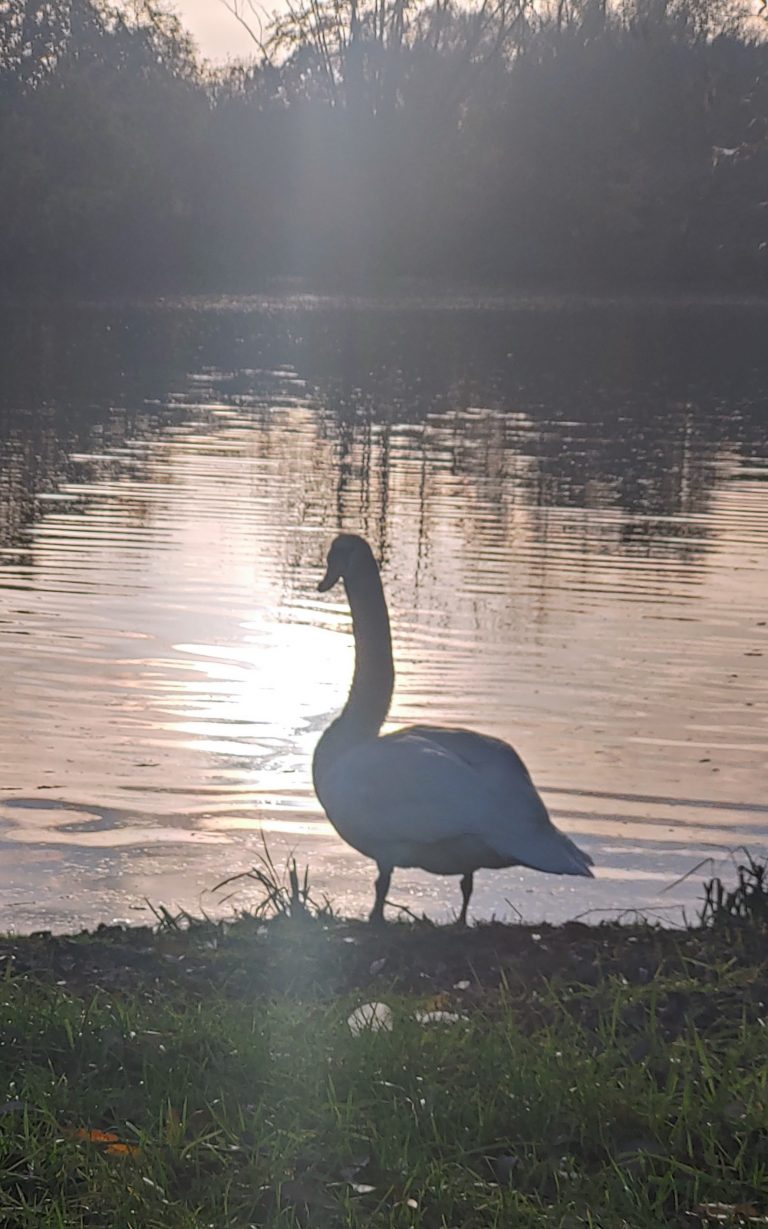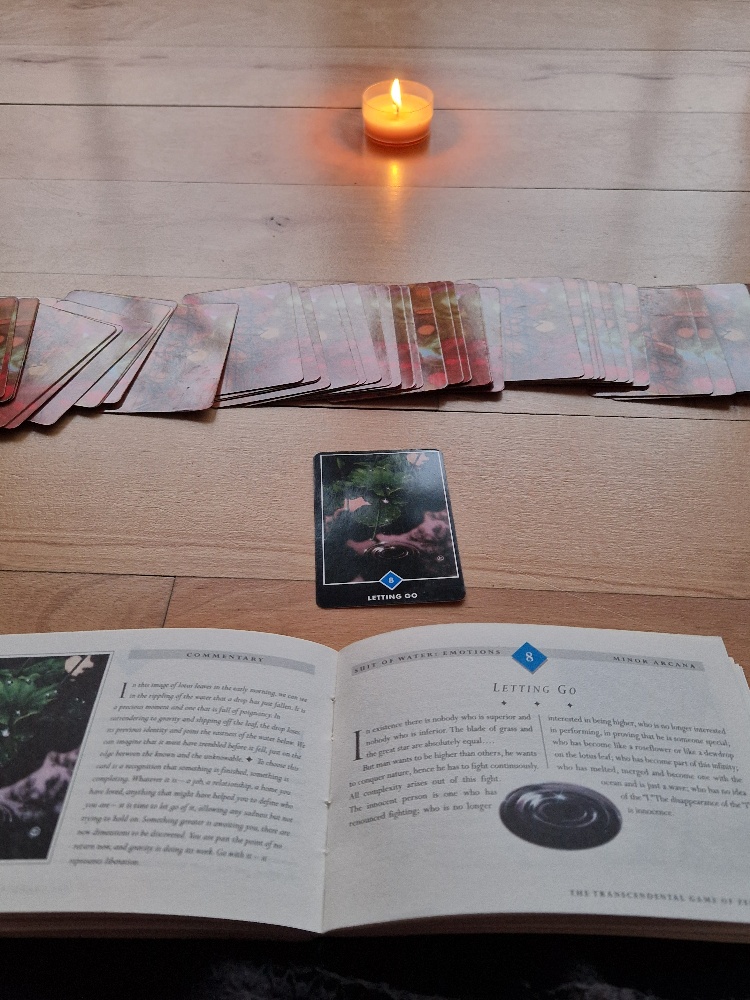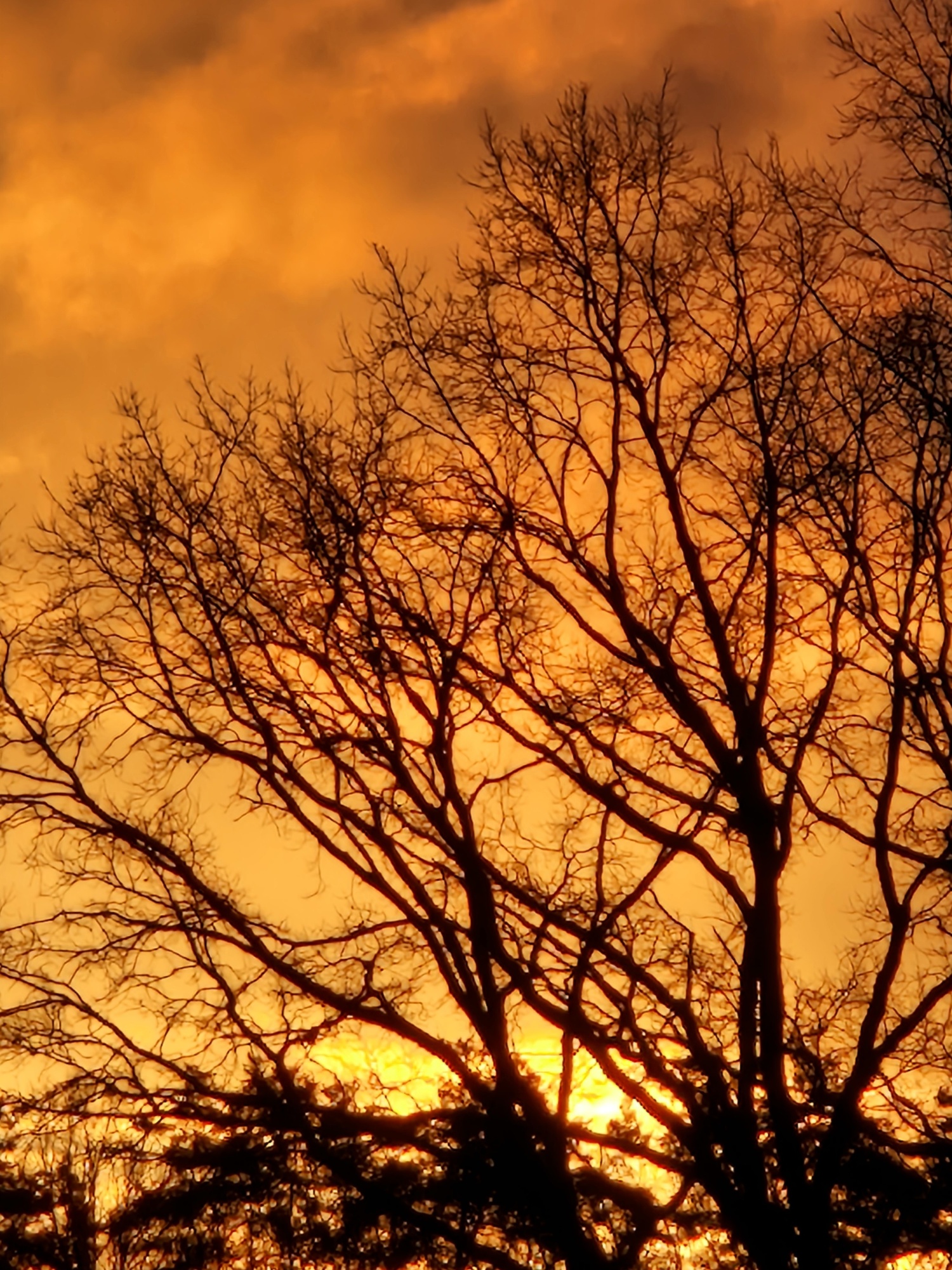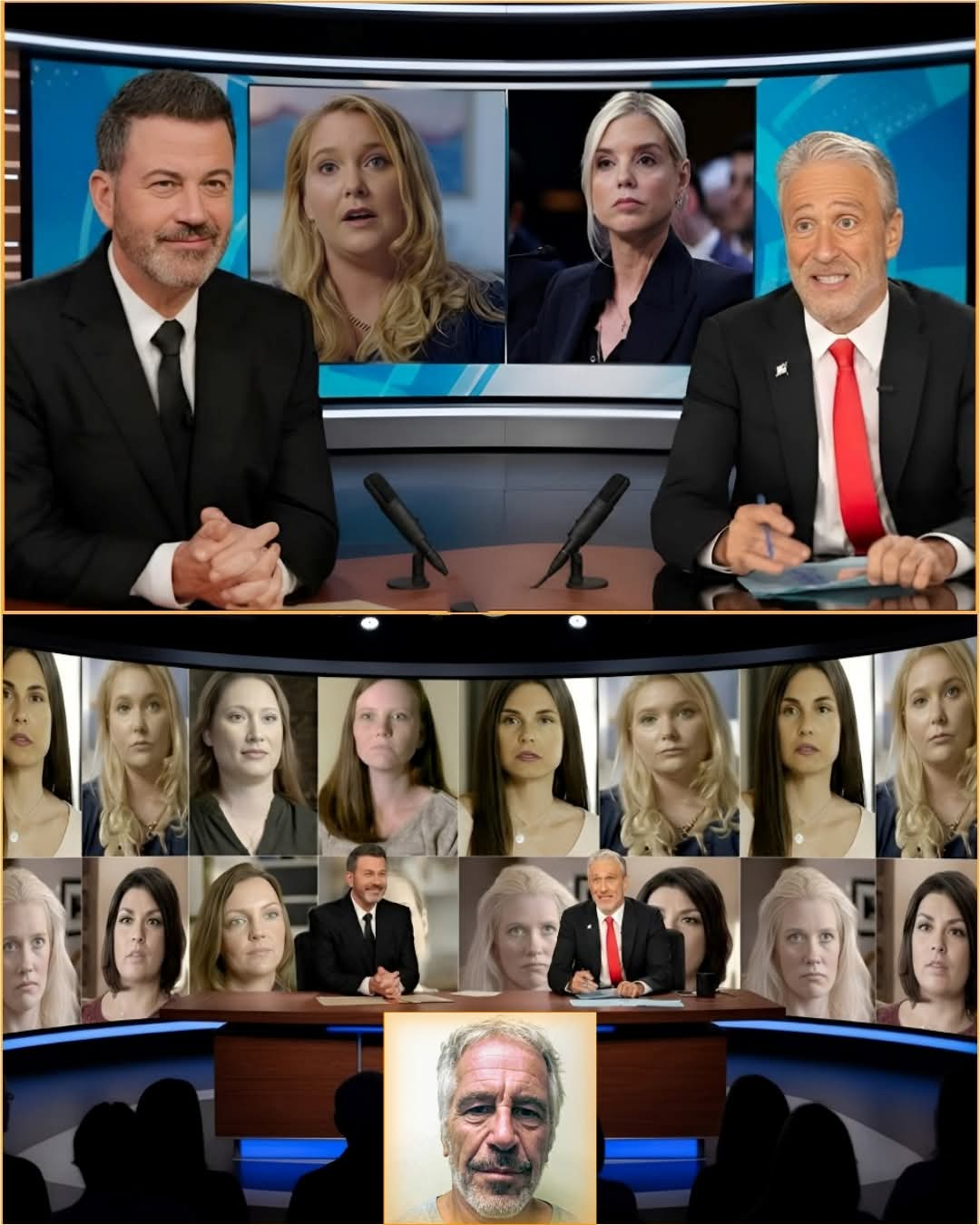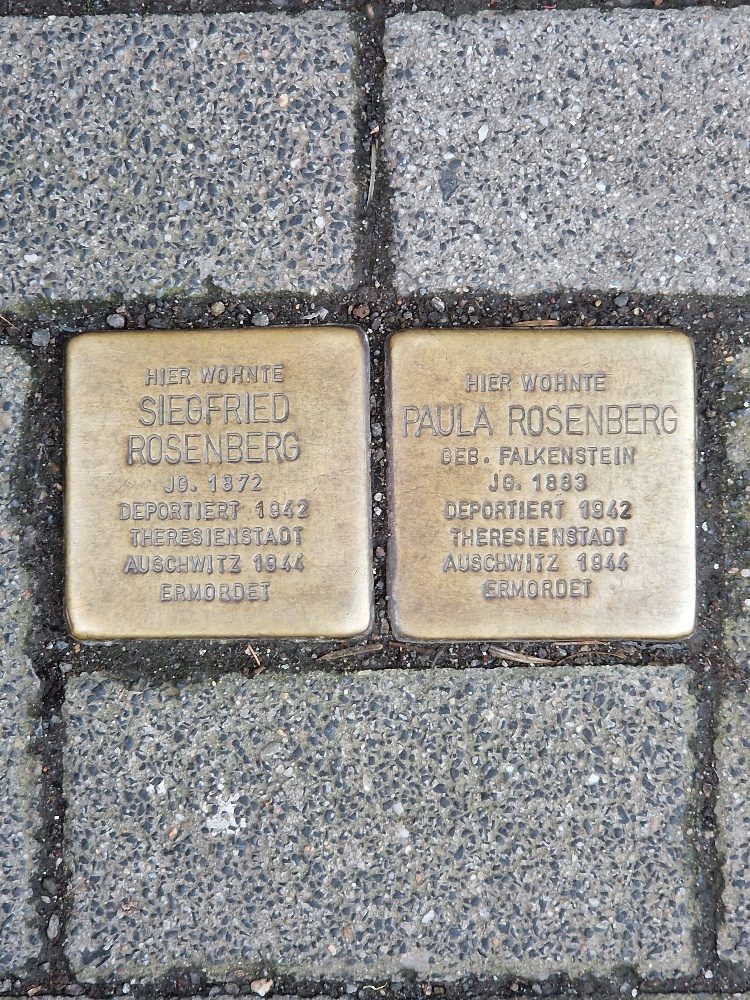To free us from the expectations of others, to give us back to ourselves — there lies the great, the singular power of self-respect. Without it, one eventually discovers the final turn of the screw: one runs away to find oneself, and finds no one at home.
Joan Didion, `Slouching Towards Bethlehem´
Think of a dislocated shoulder, a shoulder disarticulated, out of joint. You didn’t cut off the arm, but it’s just hanging there not working any more. Useless. That’s how dislocated people experience themselves. It’s excruciatingly painful.
Bruce Alexander, `The Globalization of Addiction: A Study of Poverty of the Spirit´
We have fallen out of belonging. Consequently, when we stand before crucial thresholds in our lives, we have no rituals to protect, encourage, and guide us as we cross over into the unknown.
John O’Donohue
Disconnection is the malaise of our global post-modern society. It manifests in myriad forms. These include alienation, dislocation, loneliness, and loss of meaning. I have known all of these, to varying degrees, in different stages of my life. The cause of considerable inner turmoil, confusion, and suffering, they have each played a role in bringing me to the turning point many of us now know, where we become willing to question the course and meaning of our lives.
The older we get, the more invested in the validity of the decisions we have made thus far, the more difficulty, it seems, we have with the notion of breaking ranks and ditching our unquestioned loyalty to the personal, familial, cultural, and moral guiding principals that had directed our journey up to that point.
Only when we get `sick and tired of being sick and tired´ are many of us prepared to take stock and, in some cases, break new ground, in both our thinking and our behaviour.
As a child, I often imagined a scene whereby spaceship would slowly appear in the sky, make a gradual approach, and finally land in a nearby field. After a brief period of eerie silence, the door of the UFO would slide open, and a strange-looking gangly alien would descend the stairs which had automatically emerged from the fuselage below the door. On stepping onto the ground, this alien made a bee line for me, stretched out a hand and said: `There has been an awful mistake, we have now come to finally take you to your true home.´
This sense of alienation was with me from the very start. The Germans have the term `Weltschmerz´ (the pain of being in this world) which captures its essence very well. It was not something that could be eradicated, it seems, but merely alleviated through such `strategies´ as depression, intoxication, entertainment, busyness, or distraction. It seemed to always hum in the background.
I am one of ten children. While still very young adults, four of us chose to leave our native Ireland for foreign shores. In this, we were simply perpetuating a cultural dynamic which has been part of Irish history for eons.
The fact that my chosen destination, Germany, was a country in which my first language was not widely understood or spoken amplified my sense of dislocation in those early years. Strange people, strange customs, strange words, strange landscapes; it was both a challenge and a blessing for me to be so `dislocated´ at that time. The anonymity, liberal cultural norms, and economic opportunities my new home presented were a tonic after having grown up in a culturally repressed, religiously toxic, politically dangerous, and economically depressed country.
In some respects, my new challenge prompted growth and development. I excelled in learning new skills and competences, got very good at fending for myself and, later, my own family. In others, especially in terms of emotional maturity and self-actualisation, the coping strategies adopted, which included workaholism and substance addiction, were neither healthy nor successful.
Loneliness was no stranger to me either. As a young boy, lonely for my emotionally unavailable mother. As a teenager, for my beloved deceased father. Later, for the ocean, my homeland, and, perhaps ironically, the Irish way of life. This loneliness was exacerbated by the double-life that always ensues when we get drawn into the dynamic of addiction. Well versed in the niceties of putting on a good face, I was slowly dying on the inside, the spectre of spiritual bankruptcy drawing ever closer.
When the turning point was reached, the point sometimes referred to as `hitting bottom´, my life seemed to have lost all meaning. How could it have been otherwise, since it was not clear to me whose life was meant? Having lost the plot, I could not distinguish between the person I wanted to be seen as being, and the person I really was.
When we move our gaze from the individual to the collective domain, we can see a similar dynamic of disconnection at play. Great socio-economic dislocations have occurred in the short space of several generations. In my family, for example, ours is only the second generation not working a family farm, with the help and companionship of horses.
Thanks to technological `progress´, farming and food production have morphed from a season-determined integrative cycle of collective rituals to the forlorn, single-handed, autistic activity of machine operation and bureaucracy navigation, or the corporate clamour of the toxic agro-industrial complex. Yes, productivity has increased greatly, but at what price?
Loss of meaning is yet another widespread social phenomenon and an affliction of the modern workplace. In his latest book, `The Myth of Normal,´ (page 290), Gabor Maté writes that: Just 30% of employees in the US feel engaged at work, according to a 2013 report by Gallup; across 142 countries, the proportion of employees who feel engaged at work is only 13%.
`For most of us, work is a depleting, dispiriting experience, and in some obvious ways, it’s getting worse,´ wrote two leading economic consultants in the New York Times.´ Draw your own conclusions. If you feel fulfilled by and excited about your work, as I do, recognise that you are in a small minority ,and count yourself lucky.
But it is the dislocation from self, learned early in childhood, that appears to be the key element in our predicament of alienation. Simply the question: `What do you want to be when you grow up?´ reveals much. John Lennon said that when, at primary school in Liverpool, he answered `happy´, he was berated by the teacher for not having paid attention.
My childhood experience, like that of many of my generation, took me fully into the rational departments of the mind and away from the whole-body world of feeling, and feelings in motion, – emotion. This simply reflected what our parents and their peers had learned from theirs.
My progression, or lack of it, was aggravated by my subsequent pain-avoidance self-medication (ab)using intoxicating substances. It took years of recovery to get reconnected to my feelings only to discover that that is not always pleasant. Recovery is not about `feeling better´ but rather about `getting better at feeling´. Very gradually, the choice of either remaining `apart from´ or becoming `a part of´ emerged on the horizon of my psyche. The conscious exercising of choice is the antidote to addiction.
The global public health crisis brought about by the Covid virus was a clear demonstration of the connectedness and interdependence of the entire human species. It could have been used as a great opportunity to learn to embody this lesson.
Instead, the political response, with its prescribed `social distancing´, scapegoating, isolation, and compulsory `vaccination´ seems to have driven us further apart. Hopefully, we can learn the lessons from this collective trauma. We will be in dire need of them as we face arguably the greatest challenge in human history, namely climate change.
These lessons should enable us to reconnect, each person with themselves, and all of us with each other. Dr Maté’s new book is a valuable contribution towards the attainment of this noble aspiration.

